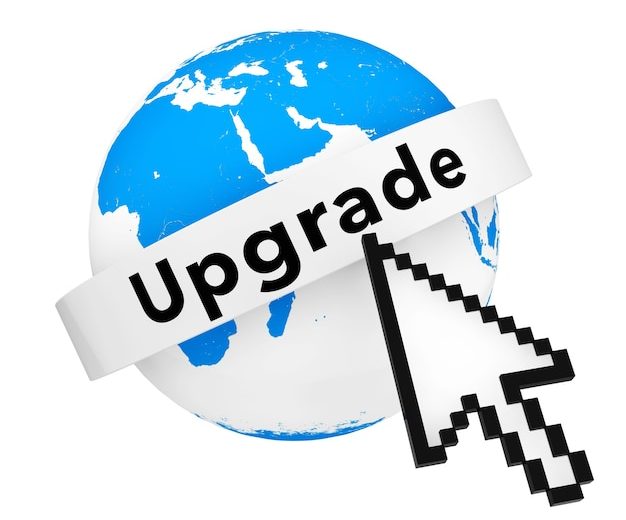
Good morning! Today, I’m sharing a guest post from William Cowie, whom you might know from Bite the Bullet Investing and Drop Dead Money. He also offers a free course on investing basics for those who think they can’t invest.
William has spent his career in senior management roles and has picked up several academic degrees along the way. Now, he enjoys writing and blogging about overcoming the fear of investing and benefiting from the economy. You can connect with him on Twitter or Facebook.
Picture this: you’ve finally hit your retirement goal and you’re ready to enjoy your new freedom. One of the first things you’re probably thinking about is selling your home and finding the perfect place for your golden years.
Hold on a second!
Before you celebrate, there’s an important change in the financial world you need to know about. It’s a big deal, especially when it comes to the housing market. Remember the housing boom of the mid to late 2000s, where getting a loan was as easy as exchanging winks with a loan officer? That irresponsible behavior led to a crash, causing unemployment and massive taxpayer-funded bailouts to keep Wall Street executives afloat.
One significant change from that period is how home loans are now regulated. Congress introduced new protections, but these laws came with the influence of powerful banking lobbyists, who often had more sway than the lawmakers themselves.
Back in the 1980s, financial figures like Charles Keating showed how deep this issue ran. His Savings and Loan company, Lincoln, operated under the motto “the weak, meek, and ignorant are always good targets.” Keating ensured that regulators who wanted to shut him down were stopped by bribing five influential senators, later known as the Keating Five. This corruption led to massive taxpayer expenses and set the stage for future bailouts.
Today, lobbying is even more sophisticated, making it harder for genuine protective measures to be enforced. This affects your personal finances, particularly in how income is verified when you apply for a home loan.
Gone are the days when a wink could secure your loan. Now, rigorous income verification processes are in place, which can be problematic when you retire. Even a person with a $1 million investment portfolio was denied a $170,000 home loan because he couldn’t provide several years of dividend proof and guarantees those dividends would continue.
This new process isn’t about protecting you but rather safeguarding banks from each other. Just like sports leagues that cap player salaries to control spending, banks enforce strict rules to avoid losing loans to competitors due to less stringent checks.
What can you do? Here are some tips:
1. **Be Aware**: If you’re thinking about retiring, know that there are strict income verification requirements. Being informed helps you prepare.
2. **Get Out of Debt**: Buying a retirement home with cash eliminates this issue. This is a strong incentive to pay off your mortgage completely if possible.
3. **Buy Before You Retire**: The system is more lenient if you’re still earning a regular wage. If you plan to move, buy your new home while you’re still employed to avoid complications.
In conclusion, tackling debt is the simplest way to navigate these challenges. While easier said than done, it’s a practical approach. What will you do when you reach financial independence?

